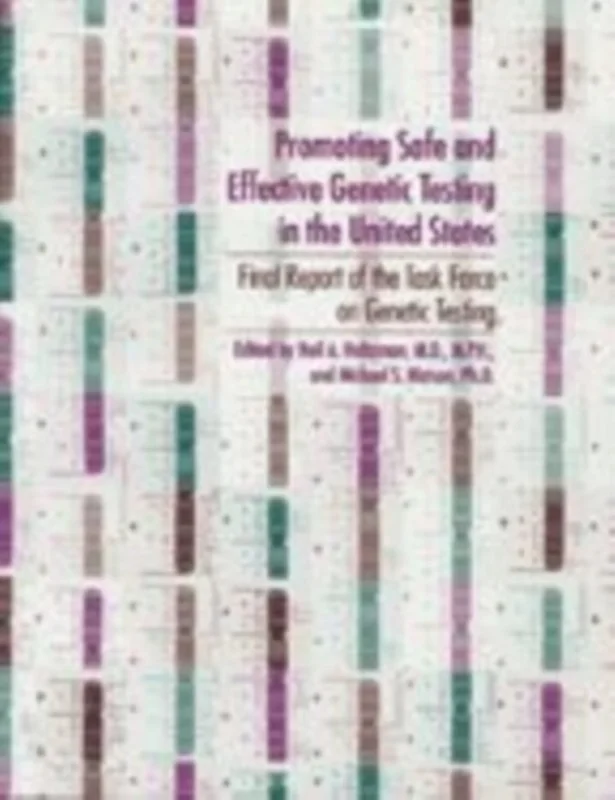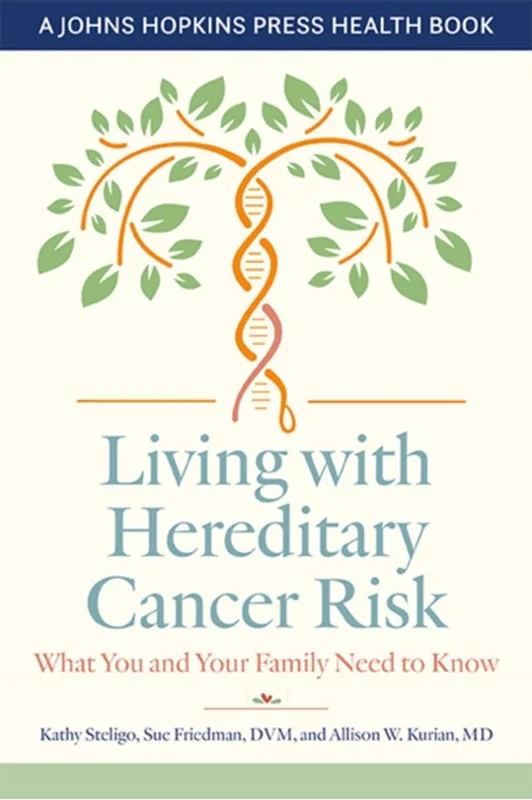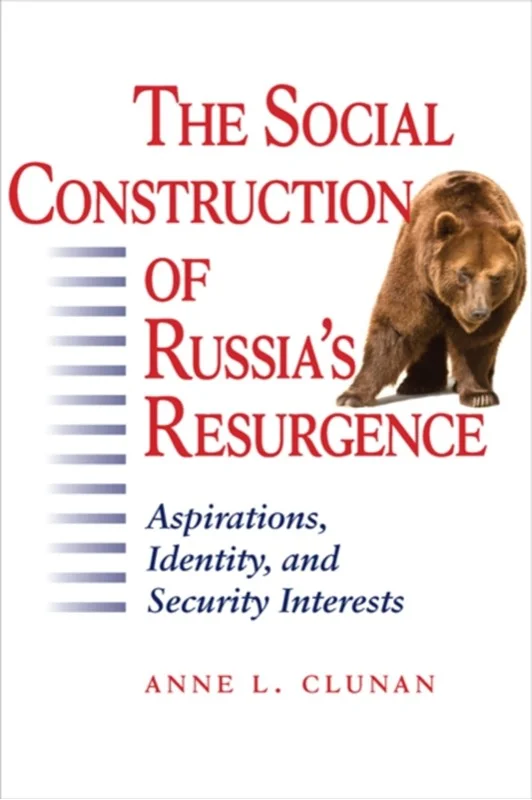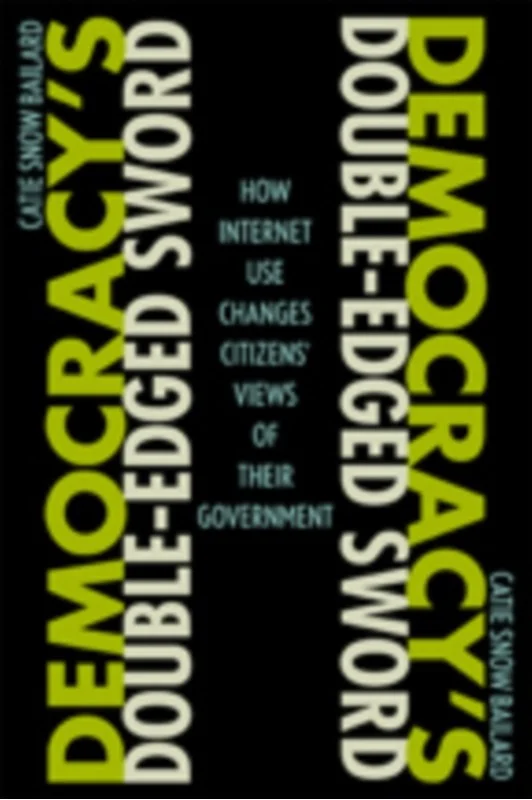Ethics and Newborn Genetic Screening - - Bog - Johns Hopkins University Press - Plusbog.dk
Highly Commended, Basis of Medicine, 2010 British Medical Association Book Awards The United States has the first and the farthest-reaching newborn genetic screening program in the world. In recent years, individual states have expanded their newborn screening programs to include many more genetic conditions, as new medical knowledge and new testing technologies have become available. The contributors to this provocative collection study the complex ethical and policy challenges present in the changing newborn screening environment and offer guidance to professionals, policymakers, and the general public. Experts from the fields of bioethics, genetics, pediatrics, public health, health policy, law, and political science identify and analyze four social and ethical issues critical to newborn screening policy: the distribution of costs and benefits; information, consent, and privacy; consultation and decision making; and race, ethnicity, and socioeconomic status. In the process, the contributors capture the difficulties of trying to forge ethical public policy at the intersection of parental concerns, new technologies, and economic interests. Contributors: Andrea Bonnicksen, Ph.D., Northern Illinois University; Jeffrey R. Botkin, M.D., M.P.H., University of Utah; Ned Calonge, M.D., M.P.H., Department of Public Health and Environment, Denver; Toby Citrin, J.D., University of Michigan School of Public Health; Ellen Wright Clayton, M.D., M.S., J.D., Vanderbilt University; Jannine De Mars Cody, Ph.D., University of Texas Health Science Center; Anne Marie Comeau, Ph.D., University of Massachusetts Medical School; James R. Eckman, M.D., Emory University School of Medicine; Scott D. Grosse, Ph.D., National Center on Birth Defects and Developmental Disabilities; Bruce Jennings, M.A., Yale School of Public Health; Donna E. Levin, J.D., Massachusetts Department of Public Health; Michele A. Lloyd-Puryear, M.D., Ph.D., U.S. Department of Health and Human Services; Marie Y. Mann, M.D., M.P.H., U.S. Department of Health and Human Services; Karen J. Maschke, Ph.D., The Hastings Center; Stephen M. Modell, M.D., M.S., University of Michigan School of Public Health; Virginia A. Moyer, M.D., M.P.H., Baylor College of Medicine and Texas Children''s Hospital; Lainie Friedman Ross, M.D., Ph.D., University of Chicago; Joseph Telfair, Dr.P.H., M.S.W., M.P.H., University of North Carolina at Greensboro; Steven M. Teutsch, M.D., M.P.H., Merck & Co., Inc.; Bradford L. Therrell, Ph.D., University of Texas Health Science Center; Benjamin S. Wilfond, M.D., University of Washington

















































